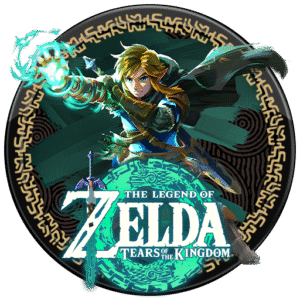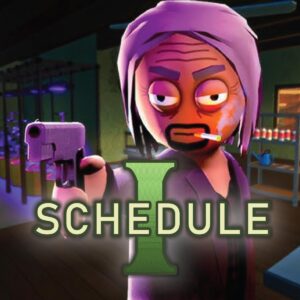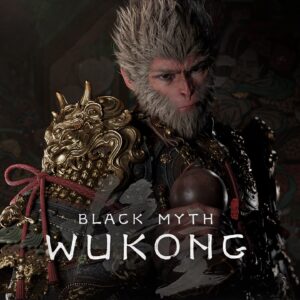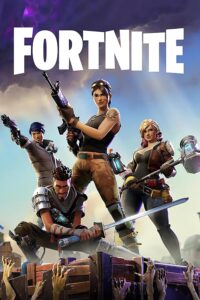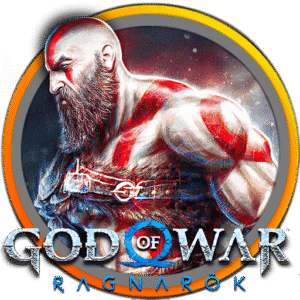Riding the Beat, Reclaiming the Roots: No Straight Roads 2 Doubles Down on Malaysian Culture
Popular Now
 Grand Theft Auto V
Grand Theft Auto V
 R.E.P.O
R.E.P.O
 Geometry Dash
Geometry Dash
 CarX Street
CarX Street
 Fall Guys
Fall Guys
 Garena Free Fire: Kalahari
Garena Free Fire: Kalahari
 Fortnite
Fortnite
 PUBG Mobile
PUBG Mobile
 Black Myth: Wukong
Black Myth: Wukong
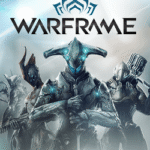 Warframe
Warframe
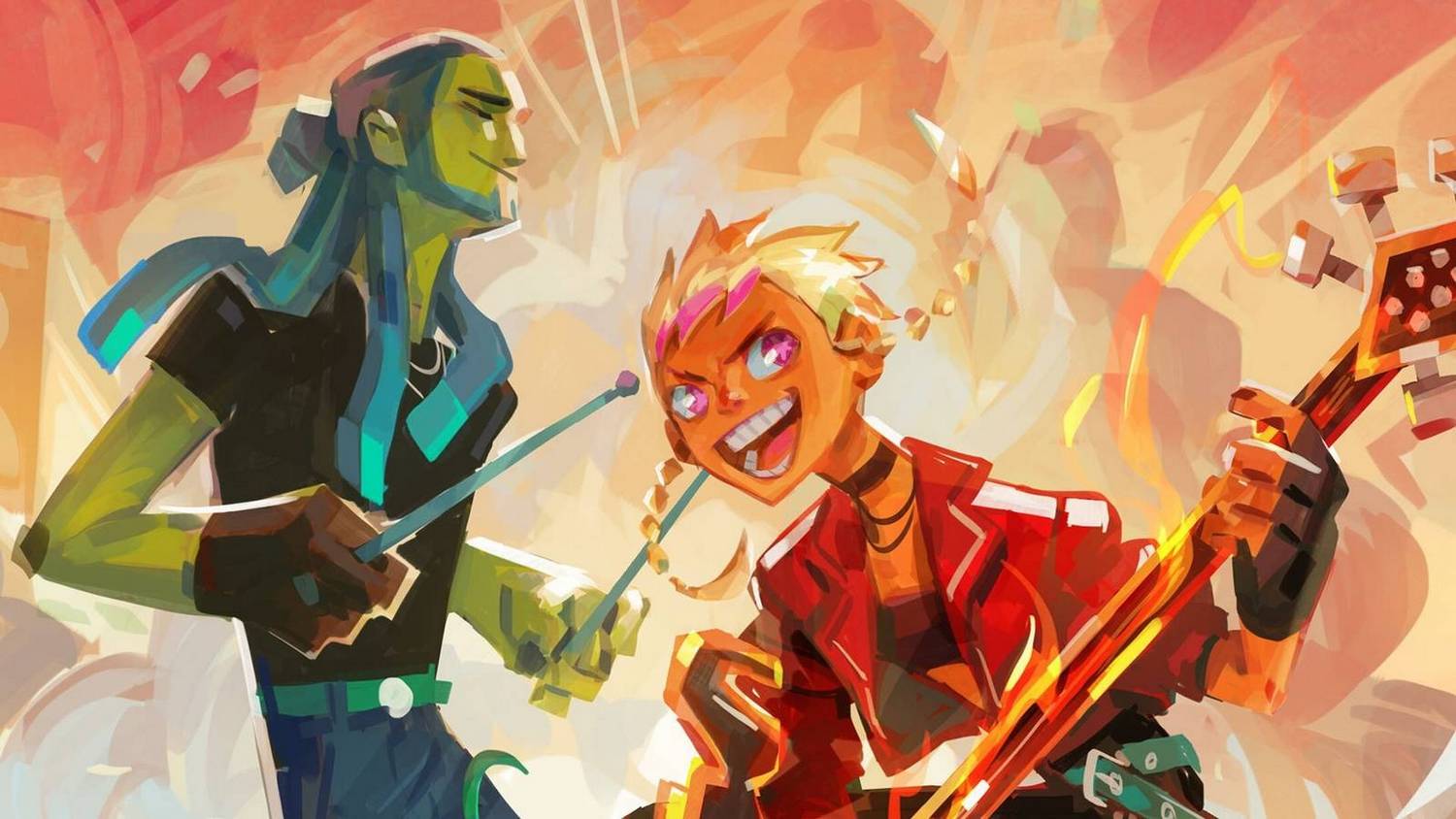 In 2020, the indie music-action game No Straight Roads arrived on the scene with a splash of color, a killer soundtrack, and a heartfelt message about the clash between rock and EDM. While the game had its share of jank, its personality and style were undeniable, earning it a dedicated cult following. Now, developer Metronomik is back with a highly anticipated sequel, and they are not just aiming to fix the flaws of the original; they are embracing their roots. In a recent hands-on preview, the developers confirmed that No Straight Roads 2 will be “doubling down” on its Malaysian cultural influences, weaving the art, language, and ethos of their home country directly into the game’s DNA. This bold move is a testament to the developers’ confidence in their own identity and a powerful signal that the future of gaming lies not in imitating Western trends, but in celebrating one’s own unique heritage. The early look at the game confirms that this is a high-value project that is poised to not only win over old fans, but to attract a new, global audience eager for a fresh, authentic perspective.
In 2020, the indie music-action game No Straight Roads arrived on the scene with a splash of color, a killer soundtrack, and a heartfelt message about the clash between rock and EDM. While the game had its share of jank, its personality and style were undeniable, earning it a dedicated cult following. Now, developer Metronomik is back with a highly anticipated sequel, and they are not just aiming to fix the flaws of the original; they are embracing their roots. In a recent hands-on preview, the developers confirmed that No Straight Roads 2 will be “doubling down” on its Malaysian cultural influences, weaving the art, language, and ethos of their home country directly into the game’s DNA. This bold move is a testament to the developers’ confidence in their own identity and a powerful signal that the future of gaming lies not in imitating Western trends, but in celebrating one’s own unique heritage. The early look at the game confirms that this is a high-value project that is poised to not only win over old fans, but to attract a new, global audience eager for a fresh, authentic perspective.
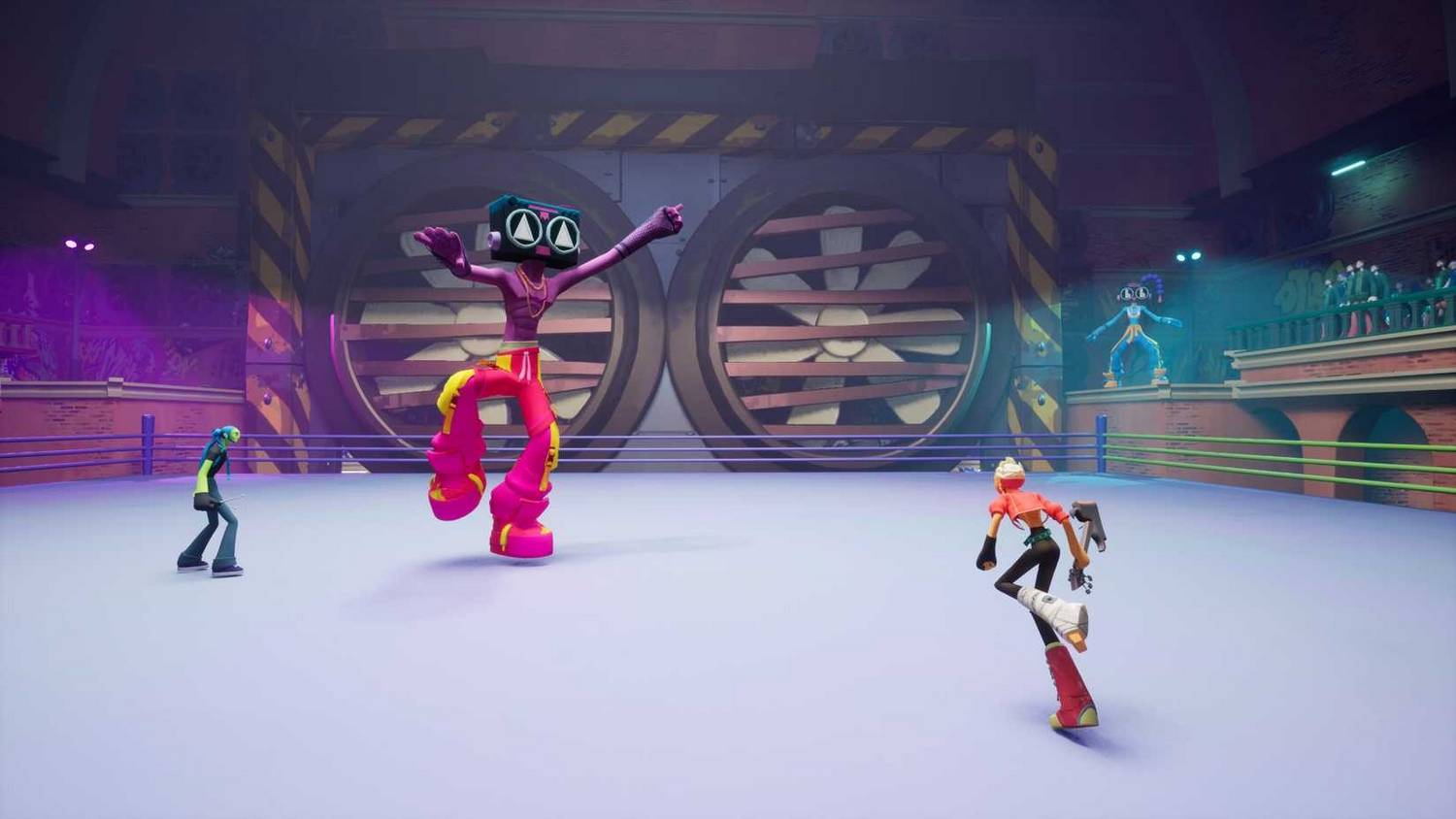 Beyond Vinyl City: A Global Tour with a Cultural Touchstone
Beyond Vinyl City: A Global Tour with a Cultural Touchstone
The original No Straight Roads was set in the fantastical Vinyl City, a metropolis powered by EDM music. While the game’s art direction was stunning, its world felt somewhat contained. The sequel blows the doors wide open, sending protagonists Mayday and Zuke on a world tour in a customizable tour van. This expanded scope allows the developers to introduce new musical genres and, more importantly, to foreground the Malaysian cultural influences they only hinted at in the first game. As co-founder Wan Hazmer, a veteran of Final Fantasy XV, noted in a recent interview, the team was surprised and heartened by the international community’s love for the subtle Malaysian touches in the first game. “A lot of the international community commented a lot about how unique NSR was,” he said, noting that “the Malay language, people thought it was a fantasy language.” This feedback was a clear sign that they were on the right track, and it has inspired them to take things to the next level in the sequel.
The game’s art and architecture will now be directly inspired by Malaysian landmarks and folk art. This is a crucial distinction. It’s not just a splash of color; it’s a deliberate and meaningful integration that infuses the game with a unique and authentic feel. The combat system has also been completely overhauled, with a new focus on dodge and parry mechanics, a change that promises a more fluid and responsive experience. The addition of new playable characters, a wider variety of musical genres (including jazz and folk music), and an expanded story that will see our heroes rebuilding their legendary band, “The Goolings,” all add up to a sequel that is more confident, more polished, and more ambitious than its predecessor. It’s a testament to the developers’ ability to take player feedback to heart while staying true to their core vision. They have learned from their past mistakes, and now they are ready to show the world what they can do.
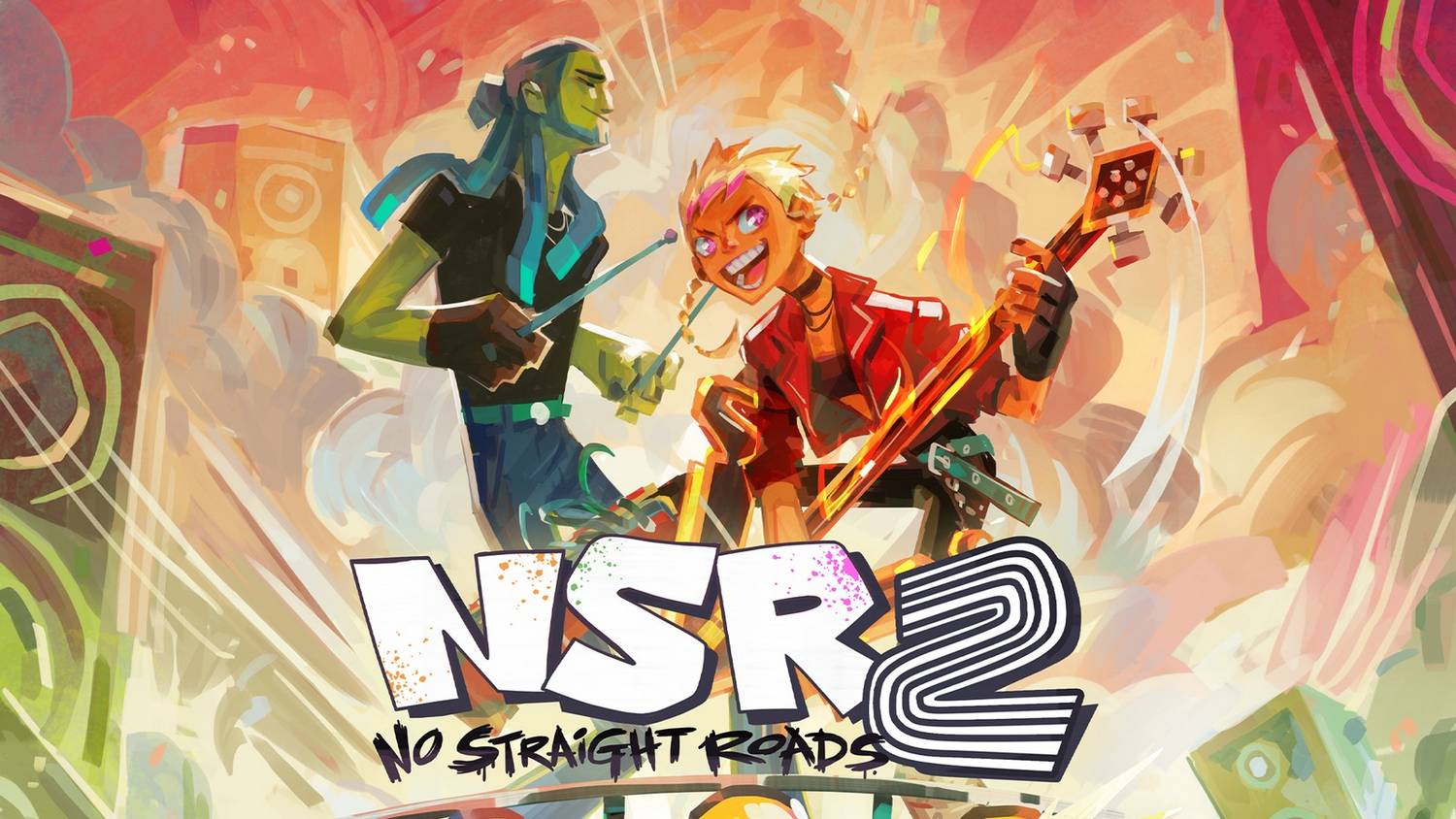 A Story of Identity and Rebellion
A Story of Identity and Rebellion
Beyond the technical and cultural improvements, the game’s central narrative remains its most compelling element. At its core, No Straight Roads is a story about the fight for identity in a world that wants to box you in. Mayday and Zuke, as rock musicians in a world dominated by EDM, are outsiders who are constantly fighting to be heard. As Hazmer pointed out, the game’s themes of “speaking out and being yourself in front of everyone” and fighting against “unfair prejudice” are more relevant than ever. This is a message that resonates with a global audience, making the game more than just a musical adventure; it’s a universal story about finding your voice. The developers have a clear, heartfelt message that they want to share with the world, and by grounding that message in their own culture, they are creating a game that is not only fun but also deeply personal. This is the kind of high-value storytelling that will set the game apart from its competitors, and it’s a powerful lesson for all game developers: the most impactful stories are often the most authentic ones. No Straight Roads 2 is more than just a sequel; it’s a cultural touchstone that is poised to put Malaysian game development on the global map, and it is a game that is not afraid to rock out to the beat of its own drum.



